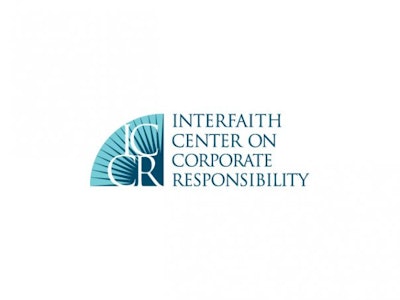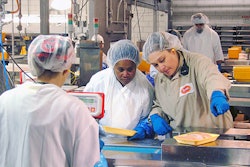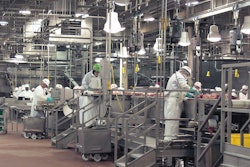
A group of Tyson Foods’ investors, as well as members of the Interfaith Center on Corporate Responsibility, have filed five shareholder resolutions urging the company to make changes to certain environment, social and governance policies, according to Meat + Poultry. The resolutions will be added to the company’s 2017 proxy ballot.
“The risks presented in these resolutions are significant and impact a broad group of stakeholders. Shareholders want the companies they invest in to use their influence to minimize environmental and social risk, and to have adequate corporate governance mechanisms in place,” said Nadira Narine, Interfaith Center on Corporate Responsibility. “Our members continue to call on Tyson to authentically engage its shareholders and other stakeholders to proactively address these important issues.”
The resolutions include water impacts on operations, animal welfare, board diversity, lobbying disclosure, plant-based eating
The Interfaith Center on Corporate Responsibility (ICCR) is a 300-member coalition of shareholder advocates.
To read more, click here.
Editor's Insight: The food industry has to recognize the importance of public relations in its commitment to sustainability. This news about Tyson Foods affects more than just Tyson since the company is one of the largest food companies, and its actions reflect on the entire industry. The fact that most of the big U.S. food companies are doing an outstanding job in the areas of safety, environmental stewardship, fairness to workers and employees does not offset the negative public impact of Tyson Foods’ problems.
The takeaway here is that every food company has an obligation to support public relations initiatives that educate the public about the industry’s sustainability efforts. Public perception affects not only the rules that govern the food industry, but many of the costs that companies incur in response to public perception. There is no better example of this than GMO labeling, a cost that has been forced on the industry on account of public perception that is not science-based.
The electronic media age has forced just about every industry to assume a higher level of public relations awareness. 8-26-16 By Elliot Maras
















